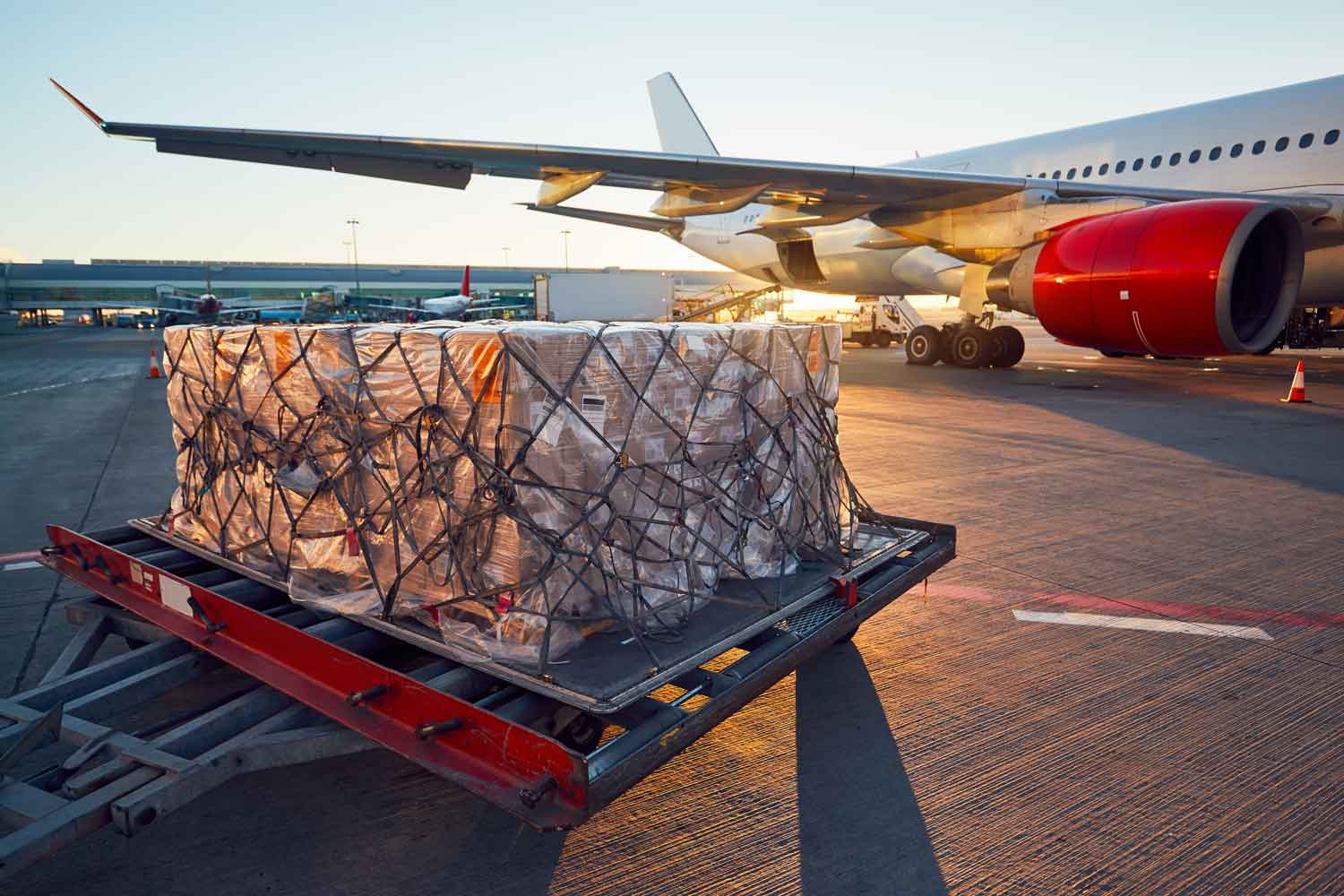Incoterms 2020: Your guide for international trade
Welcome to our comprehensive guide to Incoterms 2020, the internationally recognised trade terms issued by the International Chamber of Commerce (ICC) that are an indispensable tool for companies engaged in international trade. The Incoterms 2020 provide clear guidelines for the obligations, costs and risks of buyers and sellers in commercial transactions and have been in force since 1 January 2020.
In this guide, we will discuss each clause in detail to provide you with a better understanding of the respective obligations, costs and risks for buyers and sellers. Whether you are an experienced exporter or a newcomer to international trade, this guide will provide you with valuable insights and practical tips to make your trade transactions more efficient and secure.

Why are Incoterms 2020 important?
The Incoterms 2020 are more than just a list of abbreviations or trade terms; they are an essential part of modern trade relations and contracts. They provide a common language that minimises misunderstandings and disputes between buyers and sellers. By clearly defining responsibilities and risks, they create a secure and predictable environment for international business. This is particularly important at a time when global trade is increasingly complex and regulated. With Incoterms 2020, companies of all sizes and from all industries can optimise their trading relationships and focus on what really matters: successful business.
Multimodal clauses
Multimodal clauses of Incoterms 2020 offer flexibility and versatility for use in different modes of transport in international trade.
The seller delivers when he makes the goods available to the buyer at his own location. The buyer bears all costs and risks in connection with the transport of the goods.
The seller delivers the goods to a location specified by the buyer. The buyer assumes responsibility as soon as the goods have been delivered.
The seller pays the freight costs to the destination. The risk is transferred to the buyer as soon as the goods have been handed over to the first carrier.
The seller pays the freight and insurance costs to the destination. The risk is transferred to the buyer as soon as the goods have been handed over to the first carrier.
The seller delivers the goods at the agreed place. The buyer assumes responsibility for import clearance and all other costs and risks.
The seller delivers and unloads the goods at the agreed location. The buyer assumes responsibility for import clearance and all other costs and risks.
The seller delivers the goods and assumes all costs and risks, including customs duties, taxes and other charges.
Clauses for sea and inland waterway transport
The clauses for sea and inland waterway transport in the Incoterms 2020 are specifically designed for the transport of goods by water and regulate the responsibilities of buyers and sellers in such transactions.
The seller delivers when the goods are alongside the buyer’s ship. The buyer assumes all further costs and risks.
The seller delivers when the goods are on board the ship. From this point onwards, the buyer assumes all costs and risks.
The seller pays the costs and freight to the port of destination. The risk is transferred to the buyer as soon as the goods are on board the ship.
The seller pays the costs, freight and insurance to the port of destination. The risk is transferred to the buyer as soon as the goods are on board the ship.
FAQ - Frequently asked questions
What are the Incoterms 2020 and why are they important?
The Incoterms 2020 (International Commercial Terms) are a set of internationally recognised commercial terms issued by the International Chamber of Commerce (ICC). They regulate the obligations, costs and risks of buyers and sellers in international commercial transactions. Their importance lies in the creation of a standardised understanding and clear communication between trading partners, which leads to more efficient and secure business relationships.
What are the main differences between the multimodal clauses and the clauses for sea and inland waterway transport?
Multimodal clauses are designed for use in different modes of transport, including road, rail, air and sea. They therefore offer a high degree of flexibility and versatility. Sea and inland waterway transport clauses are specifically designed for the transport of goods by water and contain specific conditions relevant to this mode of transport.
How have the Incoterms changed since the last version (Incoterms 2010)?
The Incoterms 2020 have some important changes compared to the 2010 version. The number of clauses has been reduced from 13 to 11, and the DPU (Delivered at Place Unloaded) clause has been newly introduced, while the DAT (Delivered at Terminal) clause has been removed. The security requirements have also been updated.
Which clause should I choose for my international trade transaction?
Choosing the right clause depends on various factors, including the type of goods, the mode of transport, the specific terms of the commercial contract and the legal requirements. It is advisable to consult a professional to determine the most suitable clause for your specific situation.
Are there any special safety requirements or provisions in the Incoterms 2020?
Yes, the Incoterms 2020 contain updated safety requirements that both buyers and sellers must observe. These requirements concern, among other things, the packaging, transport and storage of the goods and are intended to help minimise risks during transport.

